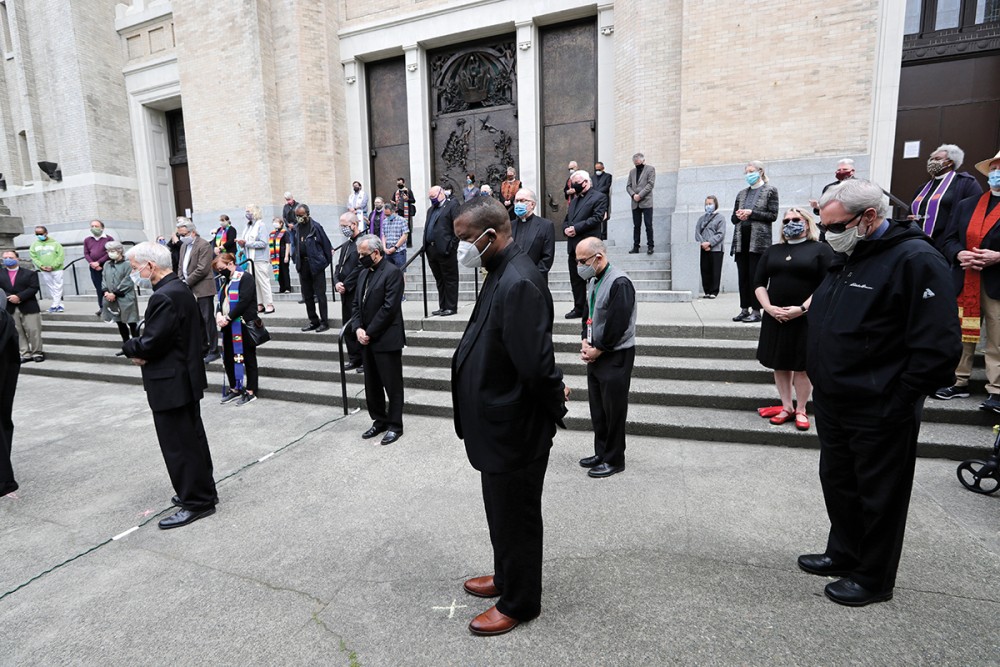
The people of God are a people of protest. Most Christians today don’t think this way. Whatever their political outlook, Christians tend to think that maybe they would support the right kind of protest in a time of emergency, but that these occasions would be rare.
Rather than seeing protest as an exception to the rule of normal life, Christians in America should see protest as part of our necessary proclamatory action that Jesus is Lord in a world that lives otherwise. We protest people and presidents who disparage the image of God in other human beings. We protest policies and practices that fall short of love of neighbor. We protest systems and patterns that privilege some and exploit others. We protest the politics of a world that killed the author of life and is dead set on killing his disciples.
The Bible gives Christians good reason to embrace protest as an ordinary form of Christian action. Scripture records how God’s people protested oppressive rulers, unjust laws, degrading social systems, exploitative policies, and government-enforced idolatry. The Bible is replete with examples, too many to count, but here are a few: Shiphrah and Puah’s civil disobedience to the Pharaoh’s command to kill Hebrew boys at their birth (Exod. 1:8—22); Moses’ plagues to protest slavery (Exod. 5–12); Isaiah’s naked protest (for three years!) against Egypt and Ethiopia (Isa. 20); Ezekiel’s protest in packing his bags and staging an exile (Ezek. 12:1–16); Shadrach, Meshach, and Abednego’s refusal to worship King Nebuchadnezzar’s golden statue (Dan. 3), and the list goes on. The people of God protested a world that fell short of God’s shalom.





